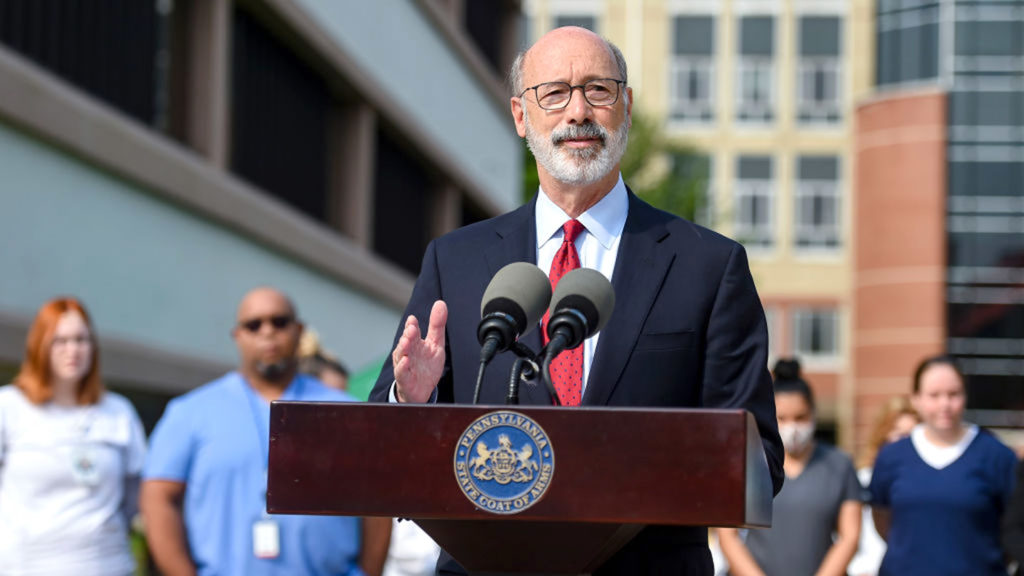
Pennsylvania is delivering an “immediate lifeline” to assisted living and other long-term care providers with a $515 million “historical commitment” to the sectors, according to industry advocates. Assisted living and personal care home operators will receive $46.7 million of the total.
In approving the state’s fiscal year 2022-23 state budget on Friday, state lawmakers and Gov. Tom Wolf (D) agreed to allocate more than $157 million of the state’s remaining American Rescue Plan Act federal stimulus dollars to assisted living communities, personal care homes and nursing homes. The Pennsylvania Health Care Association noted that it first advocated for the release of these funds in December 2021 to reward caregivers and help providers meet rising costs.
Assisted living and personal care homes will receive $26.7 million in ARPA funds, which are expected to be allocated in the coming months. Pennsylvania Assisted Living Association Executive Director Margie Zelenak told McKnight’s Senior Living that the additional emergency relief will help assisted living providers in their continuing battle with COVID-19 and workforce issues.
“This funding supports Pennsylvania’s recognition of the important role of personal care homes and assisted living residents in the long-term care continuum,” Zelenak said. “The General Assembly has acknowledged the struggles of personal care homes and assisted living residents because of COVID-19 by appropriating funding.”
Personal care home residents also will see a $20 million increase to supplemental security income rates for housing and care for the first time in 16 years. Zelenak said that more than 230 personal care homes serving SSI beneficiaries closed during the pandemic due to the low $39 daily reimbursement rate. It remains to be seen whether the additional funds in the 2022-23 budget come in time to prevent more homes from closing, she said.
“PALA has advocated for years for this increase to assist the communities with SSI residents that have struggled to provide for these seniors,” Zelenak said. “This additional $200 per month will assist the personal care homes to continue to care for the seniors living in their homes.”
The state’s 2021-22 budget allocated $30 million to assisted living communities and personal care homes and $247 million to nursing homes. That budget prioritized ARPA dollars for the long-term care industry.
‘Crucial’ investment
Also in the state budget, Pennsylvania nursing homes also will see an extra $35 daily per resident in a permanent 17.5% Medicaid bump, which will go into effect in January. Nursing homes also will receive $131 million in ARPA funds, with another $4.2 million going to nursing homes serving a high number of residents on ventilators.
“This investment — a direct result of the entire long-term care sector, as well as state leaders, working together — helps better position Pennsylvania to ensure continuity of care for tens of thousands of vulnerable senior citizens,” PHCA President and CEO Zach Shamberg said.
According to the association, almost 1.2 million Pennsylvanians are expected to need long-term care services in the next 30 years. The investments, Shamberg said, will empower assisted living and skilled nursing providers to invest in workers with higher wages and benefits and to recruit more frontline workers to meet the growing demand.
“Every day, families across Pennsylvania are feeling the financial stresses caused by inflation and added costs,” Shamberg said. “Long-term care providers are dealing with those same pressures in a 24/7 healthcare community, especially when their primary source of funding has been an insufficient Medicaid reimbursement.”
LeadingAge Pennsylvania President and CEO Garry Pezzano called the funding a “crucial investment that will help older Pennsylvanians” and an important first step.




